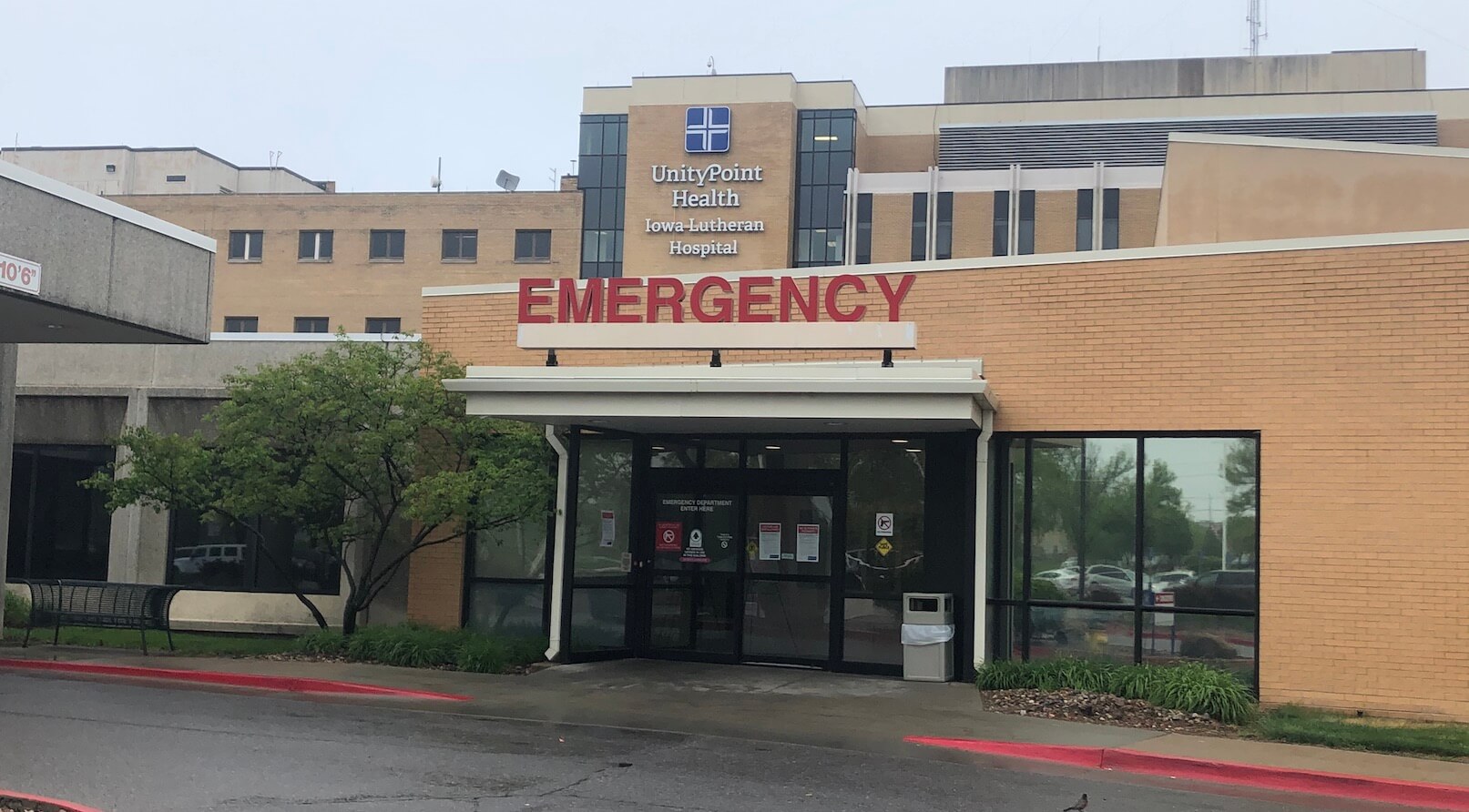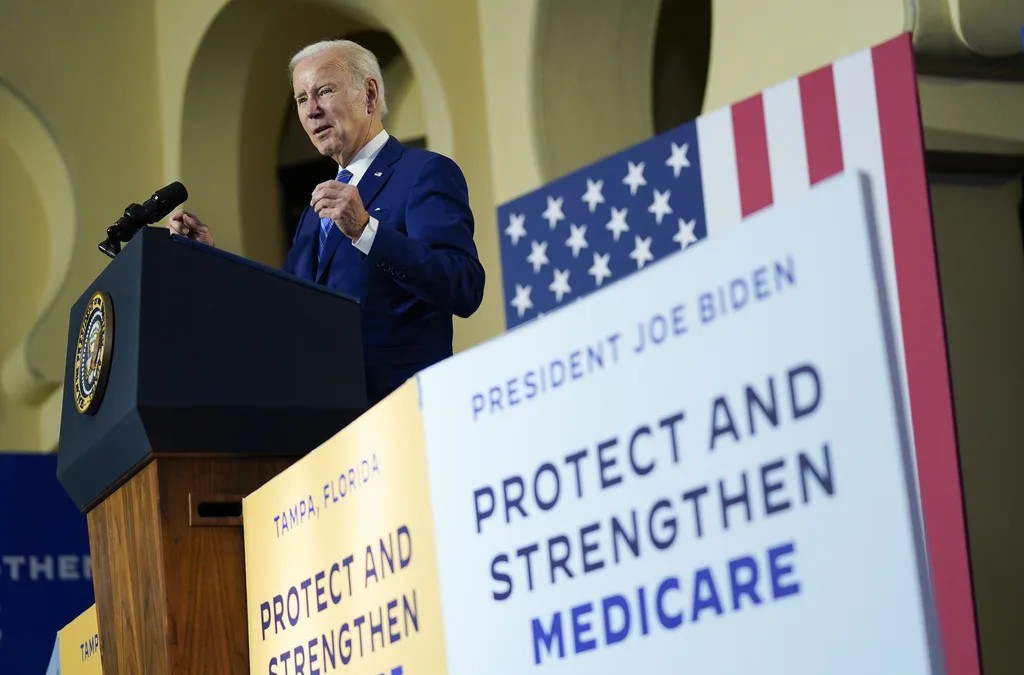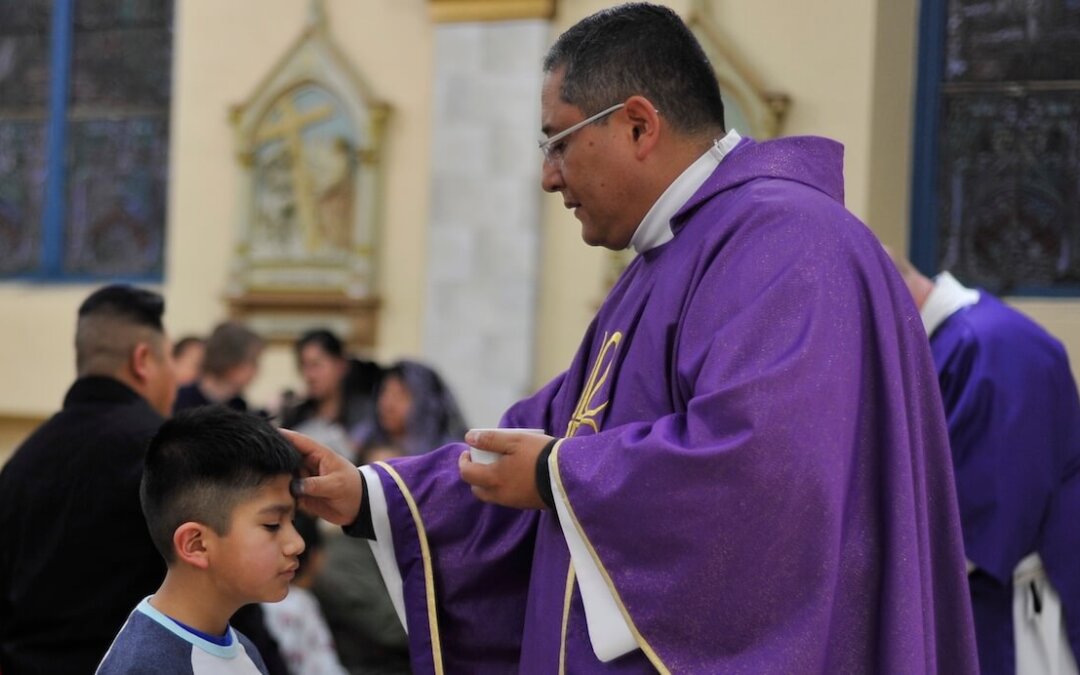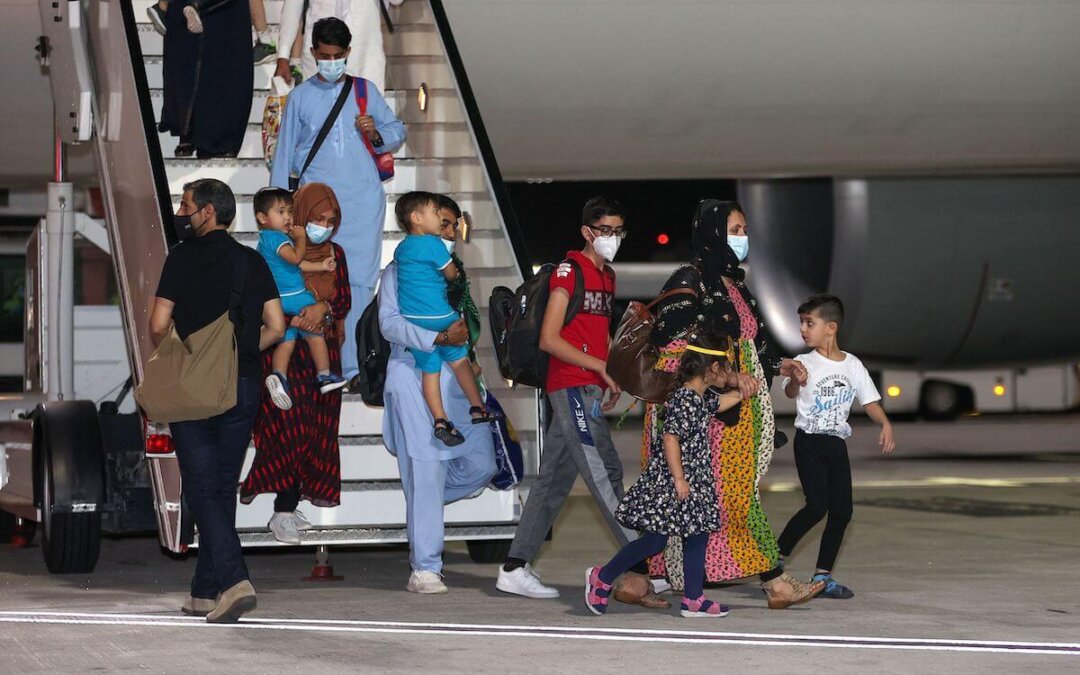
Without a doubt, COVID-19 has been tough for everyone.
For some of us, the pandemic has disrupted our lives to the point that we all are suffering from cabin fever in springtime. But for others, it has been the worst time of their lives. Many families in our community are grieving the loss of their loved ones who could not beat this terrible virus.
The daily news on the number of sick and deceased due to the coronavirus in Iowa is disheartening — they are constantly climbing. Coronavirus doesn’t discriminate. It has attacked world leaders, well-known artists, health care workers, custodians and meatpacking plant employees. It also has spread all the way to the White House.
Unfortunately, as in most crises, the hardest hit are the most vulnerable communities — our elders, the marginalized and people of color. Some Midwestern politicians had the gall to blame minority “cultures” for spreading the virus due to their way of life. Even Wisconsin Supreme Court Chief Justice Patience Roggensack dared to say that it was not spreading among the “regular folks” in her county when referring to the meatpacking plant workers.
[inline-ad id=”1″]
Yes, we all are in the same ocean facing the same storm, yet our circumstances vary anywhere from a yacht to a canoe, with many others just trying to swim against the current.
When I talked to Carmen (not her real name in order to protect her identity), I knew I was in the space of someone without a boat, although she is an “essential worker.” She is a child care provider, working so other “essential workers” can show up to work.
Carmen is from El Salvador and has lived in Des Moines for the past 18 years. She is undocumented. Like most immigrants, she moved here looking for a better life and to help her parents back home.
She started feeling sick in the middle of April with headaches, back pain and fever. Her first thought was that she had a common cold, and did what most people without health insurance do — resort to over-the-counter medication. For her, going to the doctor is not an option. Her family cannot afford it.
[inline-ad id=”2″]
Carmen’s symptoms continued to worsen. She lost her appetite, sense of smell and taste, and then started vomiting. On May 3, she could not take it anymore because breathing had become difficult. Carmen’s daughters begged her to go to the emergency room. Once there, she tested positive for COVID-19.
“The doctors recommended me to stay at the hospital,” she said. “I stayed, but decided to go back home the next morning. I knew that staying there would be extremely expensive and I also needed to watch my younger daughters.”
At home, Carmen and her daughters felt lost and did not know what to do next. The hospital gave her a prescription, but they were concerned about heading to the pharmacy because they did not want to expose more people to the virus. They were also afraid about the price of the medicine.
[inline-ad id=”0″]
The young women thought of someone who could help them — their ESL teacher, Ms. Blanco, and they reached out to her. Ms. Blanco was a lifeline for them.
“I told them to go to the drive-through and give them the prescription,” the teacher said. “If it was too expensive, I would help them pay for it.”
When the pharmacy found out they had no insurance, the medicine was placed back on the shelf. Carmen’s 16-year-old daughter had to return to the pharmacy two more times until she convinced them she had the $70 to pay for it.
When Carmen and I spoke, she was feeling better, yet she kept coughing. Right now, the family’s biggest concern is how to pay for the overnight stay at the hospital. She has not worked in the last three weeks and managed to stay afloat thanks to her brother’s help.
[inline-ad id=”3″]
I worry for Carmen and her daughters. What are they are going to do without an income, a stimulus check, and no access to resources due to Carmen’s immigration status? How about the millions of people without health insurance, living paycheck to paycheck, and those who have lost their jobs?
A new analysis from the Kaiser Family Foundation shows about 27 million people have lost health insurance during the pandemic due to job losses.
Inequality is as damaging and deadly as the coronavirus. Inequality has affected millions of people throughout the history of humankind, yet we have made little progress in getting rid of it — no vaccine for it yet.
The pandemic has shown us not only how fragile we are, but also how many communities lack the proper safety nets to fight this virus. One of the cruelest lessons learned is how society, governments and corporations place value in some lives but not in others.
[inline-ad id=”4″]
It is hard to understand how Iowa Gov. Kim Reynolds and President Donald Trump spend so much time and energy talking about reopening the state and the country while continuing to ignore the devastation the pandemic has caused in marginalized communities. How can they forget those who are the backbone of our economy? The ones suddenly deemed essential workers, many of whom are undocumented and cannot afford health insurance.
Prioritizing the economy over safety confirms that we need vaccines for inequality and COVID-19 because we cannot survive when we neglect the very workforce that sustains our country. These men and women are not disposable.
Let us not forget who is choosing the value of life during this crisis. You and I can be next, so speak out!
by Claudia Thrane
Posted 5/13/20
Iowa Starting Line is an independently-owned progressive news outlet devoted to providing unique, insightful coverage on Iowa news and politics. We need reader support to continue operating — please donate here. Follow us on Twitter and Facebook for more coverage.
Politics

Biden cancels student loan debt for 2,690 more Iowans
The Biden administration on Friday announced its cancellation of an additional $7.4 billion in student debt for 277,000 borrowers, including 2,690...

The Republican war on Medicare raises the stakes in 2024
Nearly 670,000 Iowans rely on Medicare benefits—benefits they spent decades paying into, with the promise that the program would be there for them...
Local News

No more Kum & Go? New owner Maverik of Utah retiring famous brand
Will Kum & Go have come and gone by next year? One new report claims that's the plan by the store's new owners. The Iowa-based convenience store...

Here’s a recap of the biggest headlines Iowa celebs made In 2023
For these famous Iowans, 2023 was a year of controversy, career highlights, and full-circle moments. Here’s how 2023 went for the following Iowans:...




